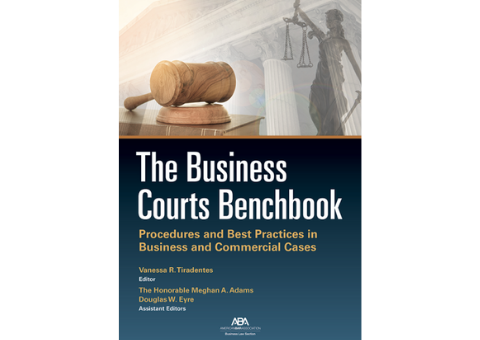
People
Practices ›
View All
Business Reorganization and Creditors’ Rights
Cannabis and Regulated Industries
Clean Tech and Alternative Energy
Construction
Corporate
Cryptocurrency and Blockchain
Cybersecurity, Data Privacy & AI
Environmental
Emerging Companies & Venture Capital
Employee Benefits & Executive Compensation
Estate Planning and Wealth Transfer
Family Offices, Businesses and Entrepreneurs
Financial Services
Hospitality, Food and Beverage
Human Resources and Employment
Insurance Counseling and Recovery
Intellectual Property
Litigation
Private Funds
Real Estate
Tax Controversy
Tax Planning and Structuring
Telecommunications, Media and Technology
Careers


















